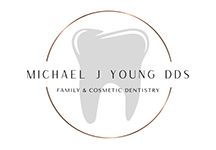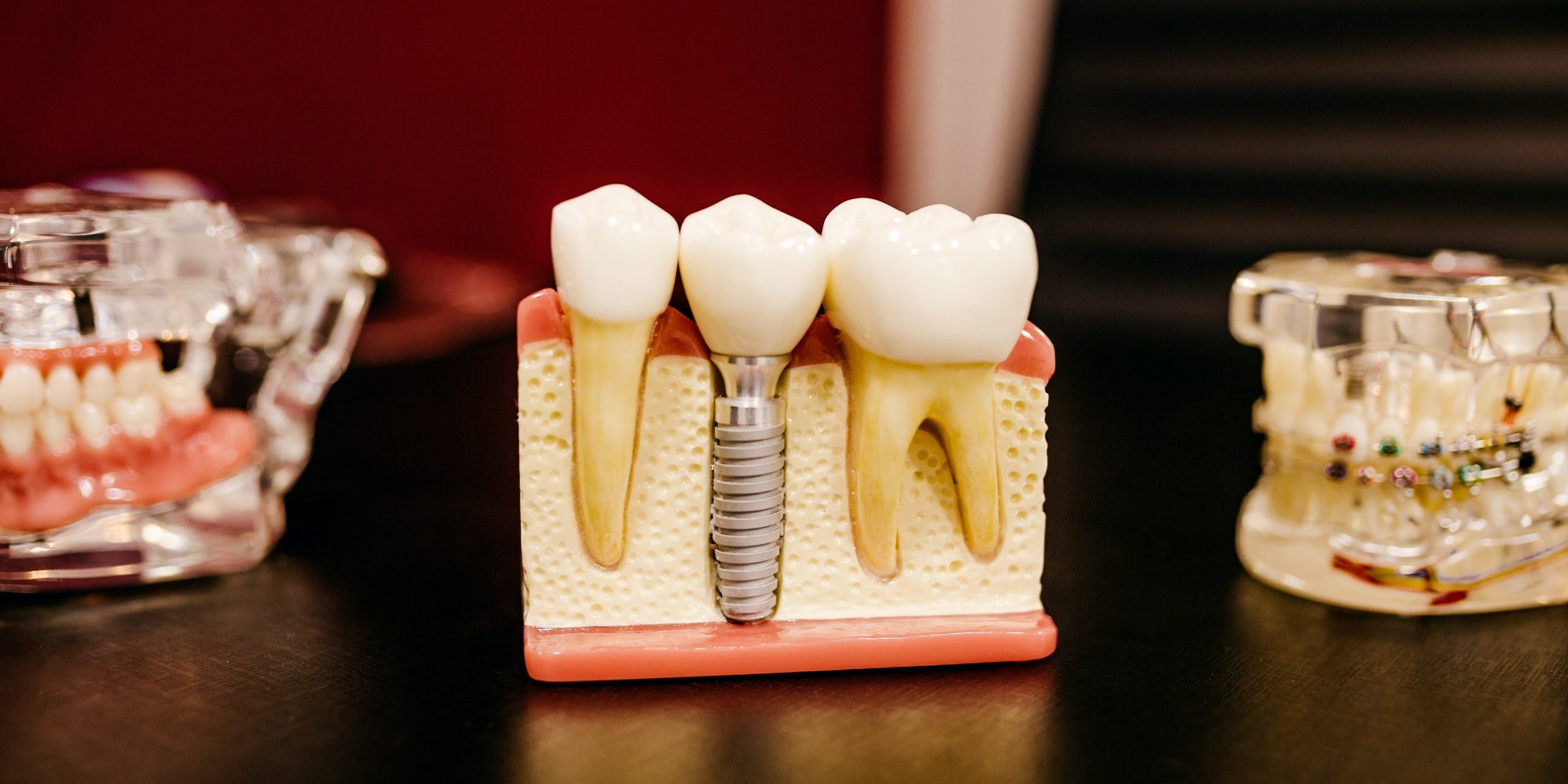Dental implants are strong, artificial tooth roots upon which a beautifully lifelike and functional restoration (like a dental crown or dentures) sits. In effect, dental implants are prosthetic solutions that restore your smile so you can keep eating, speaking, and smiling with complete comfort and confidence.
At 23 Smiles, Dr. Michael J. Young helps patients repair and strengthen their smiles with prosthetic dentistry. If you need to replace missing teeth, then you need to call our Lafayette, LA, dental office today. We can help you get the healthy and complete smile that you deserve. Schedule your appointment now by calling (337) 237-6453 or by sending us a message here.
In the meantime, Dr. Young reveals three tips for healing and recovery after dental implant surgery. What you do during this time could make or break the success of your new dental implants.
1. Keep bleeding and swelling under control.
It’s normal for patients to experience some bleeding and swelling for 24 to 72 hours after surgery. However, excessive bleeding and swelling can quickly become a painful (and scary!) issue.
To keep bleeding and swelling in check, keep your head elevated. Propping your head up while you rest allows blood to keep flowing properly. In turn, a clot can begin to form at the surgical site. And once a clot forms, the true healing process can begin. Patients can also use clean gauze pads and light pressure to stop residual bleeding after dental implants.
Additionally, patients should use painkillers and cold compresses to limit discomfort, bleeding, and swelling. Dr. Young may prescribe painkillers, or he may recommend over-the-counter painkillers, like ibuprofen. Regardless, be sure to carefully follow the instructions on the packaging.
Ice packs can help patients soothe swelling and pain. Simply wrap an ice pack in a soft towel, apply to the side of the face for 15 to 20 minutes, and repeat the process wherever necessary.
2. Eat soft foods, avoid straws, and drink plenty of fluids.
Full recovery from dental implants can take up to six months. But, fortunately, only the first one to two weeks after surgery require a soft diet.
Patients should avoid overly hard or sticky foods during this time. Instead, patients should reach for softer, implant-friendly options, such as:
- Soups and stews
- Protein shakes
- Smoothies
- Scrambled eggs
- Mashed potatoes
Additionally, patients should avoid straws for approximately two weeks. While patients aren’t necessarily in danger of developing a dry socket, straws can make healing more difficult. The suction created by straws can lift newly-formed blood clots, resulting in prolonged bleeding and swelling.
So, rather than sipping through a straw, simply use your mouth or a spoon. But, don’t let the lack of straws keep you from drinking enough water! Research indicates that water is integral to the wound-healing process, so if you want to heal faster, drink lots of water!
3. Don’t stop brushing or flossing!
New dental implants must remain as undisturbed as possible. But, this doesn’t mean that patients should stop brushing or flossing while they heal from oral surgery.
Indeed, brushing and flossing are more important after getting dental implants. However, patients must take special care to brush and floss as gently as possible for approximately 10 days after their procedure. Nonetheless, patients should still be:
- Brushing twice a day
- Flossing once a day
- Rinsing with an antiseptic mouthwash
Are dental implants right for you? Find out now!
Are you ready to see if dental implants are right for you? Then, schedule a consultation with our dental team in Lafayette today. New and existing patients can call (337) 237-6453 or submit a message here to get started.



